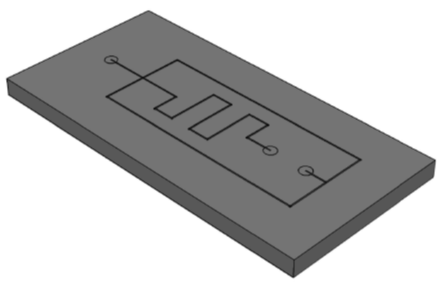Research
Biosensors
Bacteria communicate with each other via secreted small organic molecules (quorum sensing). Understanding the bacterial chit-chat may allow us to "listen" and "talk" with them. Therefore, we develop bacterial biosensor which will help us understanding the bacterial communications.
In parallel, we develop microfluidics-based devices for using reporting bacteria for real-time monitoring of the fish pools in order to obtain early signals of bacterial infections onset.

Plasmid Biology
Plasmids are pieces of DNA that replicate independently from the host's chromosomal DNA. They are very common in bacteria. Plasmids may provide one or more functional benefits to the host such as resistance to antibiotics, degradative functions, and/or virulence.
In our lab we characterize the plasmid population (plasmidome) at different marine locations. We analyze the functional contribution of the plasmids to the ecosystem and study the dynamics of the plasmidome under various conditions.

Microfluidics
Microfluidics relates to design and study of devices which move or analyze small amount of liquid, typically at the microliter or nanoliter scale. Microfluidics has been increasingly used in the biological sciences, because precise and controlled experiments can be conducted at lower cost and faster pace.
In our lab, we develop range of microfluidics devices for use in mariculture. For example, devices for hosting bacterial biosensors for real-time monitoring of the fish pools, devices for mating algae (in collaboration with Dr. Segal and Dr. Solomon), devices for encapsulation of fish feeding materials and drugs etc.
